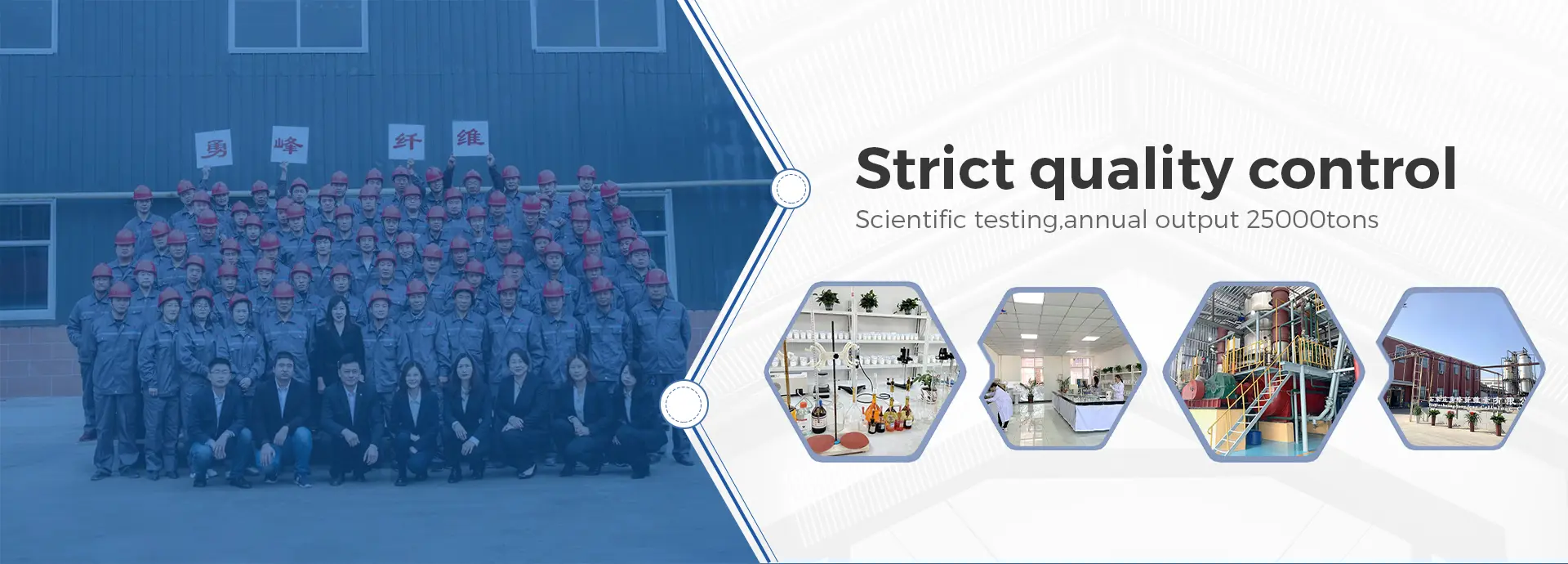The Versatile Wonders of Tylose An In-Depth Exploration
Tylose, also known as hydroxypropyl methylcellulose (HPMC), is a cellulose ether that has gained widespread recognition across various industries due to its unique properties and versatility. Originally developed as a thickening agent and binder, Tylose has found a place in food production, pharmaceuticals, construction, and even cosmetics. In this article, we explore the characteristics, applications, and future potential of Tylose.
At its core, Tylose is a non-ionic, water-soluble polymer derived from cellulose, a natural biopolymer sourced from plant cell walls. Its modification involves the substitution of hydroxyl groups on the cellulose molecule with hydroxypropyl and methyl groups, resulting in increased solubility and a broader range of functional applications. The ability of Tylose to form viscous solutions makes it an invaluable component in many formulations.
The Versatile Wonders of Tylose An In-Depth Exploration
In the pharmaceutical sector, Tylose plays a critical role as a controlled-release agent in drug formulations. Its ability to form a gel-like matrix allows for the gradual release of active ingredients, thus improving drug efficacy and patient compliance. Tylose is also utilized as a binder in the production of solid dosage forms, such as tablets and capsules, where it ensures proper cohesion of the ingredients while providing optimal disintegration properties.
tylose

The construction industry has also benefited significantly from Tylose, particularly in the formulation of various building materials like mortars, adhesives, and paints. When added to these products, Tylose enhances workability, open time, and water retention, allowing for better adhesion and a more uniform application. Its properties contribute to improved performance, making it an essential additive in modern construction practices.
Notably, the cosmetic industry has embraced the use of Tylose as well. This ingredient can be found in a variety of products such as shampoos, conditioners, and skin creams, where it acts as a thickener and stabilizer, allowing for a smooth and appealing texture. Its compatibility with other ingredients and its ability to improve the stability of emulsions make it a favorite among formulators looking to create effective and aesthetically pleasing products.
As the world becomes increasingly focused on sustainability and environmentally friendly solutions, Tylose stands out as a biodegradable option. Being derived from natural cellulose, it offers a renewable alternative to synthetic polymers, paving the way for more eco-friendly formulations across various industries. Additionally, ongoing research into the properties and functionalities of Tylose suggests that its potential applications are far from exhausted, with innovations constantly emerging.
In conclusion, Tylose is a remarkable cellulose derivative that has proven to be indispensable across numerous sectors, from food and pharmaceuticals to construction and cosmetics. Its adaptability, combined with its increasing relevance in sustainable practices, positions Tylose as a key player in the development of new, high-performance products. As industries evolve and consumer demands shift toward more sustainable practices, the future of Tylose appears bright, promising continued innovation and application in ways we have yet to fully realize.
-
Rdp Powder: Key Considerations for Wholesalers in the Building Materials IndustryNewsJul.08,2025
-
Key Considerations for Wholesalers: Navigating the World of Hpmc - Based ProductsNewsJul.08,2025
-
Hpmc Detergent: Key Considerations for WholesalersNewsJul.08,2025
-
Key Considerations for Wholesalers: China Hpmc For Tile Adhesive, Coating Additives, Concrete Additives, and MoreNewsJul.08,2025
-
Crucial Considerations for Wholesalers: Navigating the World of Construction MaterialsNewsJul.08,2025
-
Key Considerations for Wholesalers Sourcing Additive For Cement, Additive For Concrete, Additive For Putty from Additive Manufacturer Shijiazhuang Gaocheng District Yongfeng Cellulose Co., Ltd.NewsJul.08,2025




